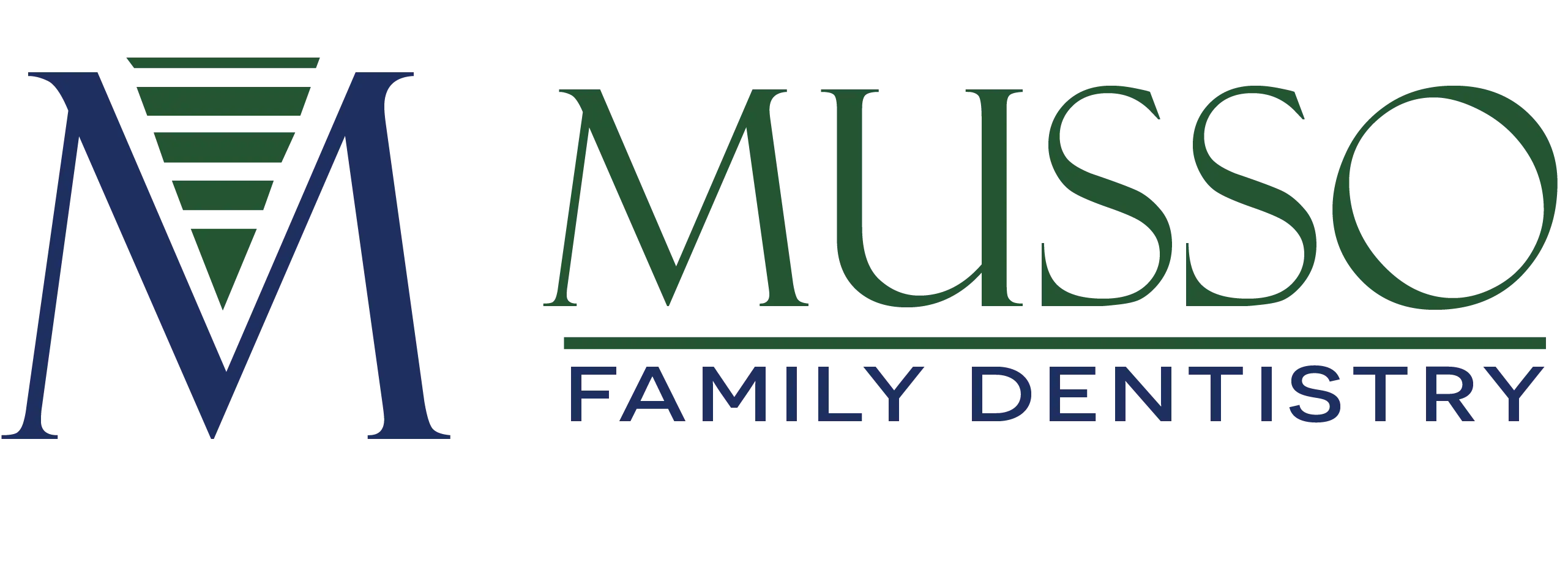Dental health is a crucial aspect of our overall well-being, yet many people overlook the importance of restorative treatments. One of the most effective solutions in this realm is dental crowns. Often seen as mere cosmetic enhancements, these versatile fixtures play a significant role in restoring both function and aesthetics to damaged teeth. If you're in Garland, TX, and facing dental challenges, understanding the true value of dental crowns can be life-changing. Let's explore what they are and how they can transform your smile while supporting your oral health journey.
Types of Dental Crowns and Their Uses
Dental crowns come in various types, each serving a specific purpose.
- Porcelain crowns are popular for front teeth due to their natural appearance and ability to blend seamlessly with existing tooth enamel. They provide excellent aesthetics while also offering durability.
- Metal crowns, often made from gold or other alloys, are incredibly strong. These are ideal for molars that endure significant chewing forces. Their resilience makes them a great choice for back teeth, where strength is crucial.
- Resin crowns offer a balance between affordability and appearance. While not as durable as porcelain or metal options, they can be suitable for temporary solutions.
- Ceramic crowns combine the benefits of both strength and aesthetic appeal. They work well for patients who require biocompatibility along with an appealing look.
Each type of crown has its unique benefits based on individual needs and dental conditions in Garland, TX. Choosing the right one depends on factors like location in the mouth and personal preferences.
Benefits of Dental Crowns in Restorative Dentistry
Dental crowns play a pivotal role in restorative dentistry, offering multiple benefits beyond aesthetics. First and foremost, they provide significant strength to weakened teeth. After procedures like root canals or due to severe decay, a crown reinforces the tooth structure.
They also improve functionality. A well-fitted crown allows patients to bite and chew without discomfort, restoring normal eating habits. This is crucial for overall health since proper nutrition relies on effective chewing.
Another advantage lies in their durability. Crowns are designed to withstand daily wear and tear, often lasting many years with appropriate care. Today's materials can mimic the natural appearance of teeth remarkably well, blending seamlessly for an improved smile.
Additionally, dental crowns help prevent further damage by covering sensitive areas prone to fractures or breakage. They serve as protective shields against bacteria and decay while maintaining oral health over time. Contact us to learn more.
Common Dental Issues That Can Be Solved with Crowns
- Dental crowns are versatile solutions for various dental problems. They play a crucial role in restoring teeth that have been severely worn down or damaged.
- Cavities can lead to significant decay, which often requires more than just filling. In such cases, a crown provides strength and protection.
- Cracked or fractured teeth also benefit from crowns. A well-fitted crown can hold the tooth together, preventing further damage and alleviating discomfort.
- Additionally, root canal therapy leaves teeth vulnerable afterward. Crowning these treated areas helps maintain their structure and function for years to come.
- Crowns are invaluable when it comes to improving aesthetics, too. Discolored or misshapen teeth can be covered seamlessly with a crown, enhancing your smile's overall appearance without compromising health.
Each of these scenarios illustrates how dental crowns serve as a multifaceted solution in restorative dentistry.
The Procedure of Getting a Dental Crown
Getting a dental crown typically involves two visits to your dentist. During the first appointment, the process begins with an evaluation of your tooth's condition.
Once examined, your dentist will numb the area to ensure comfort. They will then reshape the affected tooth by removing any decay or damage, preparing it for the crown.
After shaping, impressions of your teeth are taken. These molds help create a custom-fit crown tailored specifically for you.
While waiting for the permanent crown, a temporary one is placed to protect your tooth. This allows you to maintain function until your next visit.
At the second appointment, your dentist removes the temporary crown and places the permanent one on top of your prepared tooth. Adjustments may be made for optimal fit before securing it with dental cement.
Maintaining and Caring for Your Dental Crown
After getting a dental crown, maintenance is key to longevity.
Start with proper oral hygiene. Brush your teeth twice daily and floss regularly, focusing around the crown.
- Be mindful of what you eat. Hard or sticky foods can damage your crown or dislodge it altogether. Consider cutting tough items into smaller pieces to avoid unnecessary strain.
- Regular dental check-ups are also crucial. Your dentist will monitor the condition of your crown and surrounding teeth, ensuring everything remains in good shape.
- If you notice any signs of discomfort or changes in fit, don't hesitate to contact your dentist. Prompt attention can prevent further issues down the line.
- Remember that while crowns are durable, they still require care and attention just like natural teeth do for optimal health and function in Garland, TX.
Conclusion: Why Dental Crowns are Essential in Restorative Dentistry
Dental crowns play a crucial role in restorative dentistry, serving functions far beyond mere aesthetics. They offer strength and stability to damaged teeth, ensuring that patients can chew comfortably and confidently. By providing protection against further decay or injury, dental crowns contribute significantly to long-term oral health.
In Garland, TX, individuals seeking solutions for various dental issues will find that crowns are versatile tools in the hands of skilled dentists. Whether addressing cavities, reinforcing cracked teeth, or even enhancing smiles after root canals—the applications of dental crowns are extensive.
Investing in a dental crown is not just about improving the appearance; it's about preserving the natural tooth structure while promoting better function and health. With proper care and maintenance, these restorations can last many years—making them an essential aspect of comprehensive restorative dentistry. Prioritizing your dental health with the right interventions can lead to a happier and healthier smile for years to come.
Dental crowns are vital to restorative dentistry, offering protection, functionality, and aesthetic improvement for damaged teeth. Visit Musso Family Dentistry at 513 W. Centerville Rd, Garland, TX 75041, or call (972) 840-8477 to learn more about how dental crowns can improve oral health and restore confidence.

